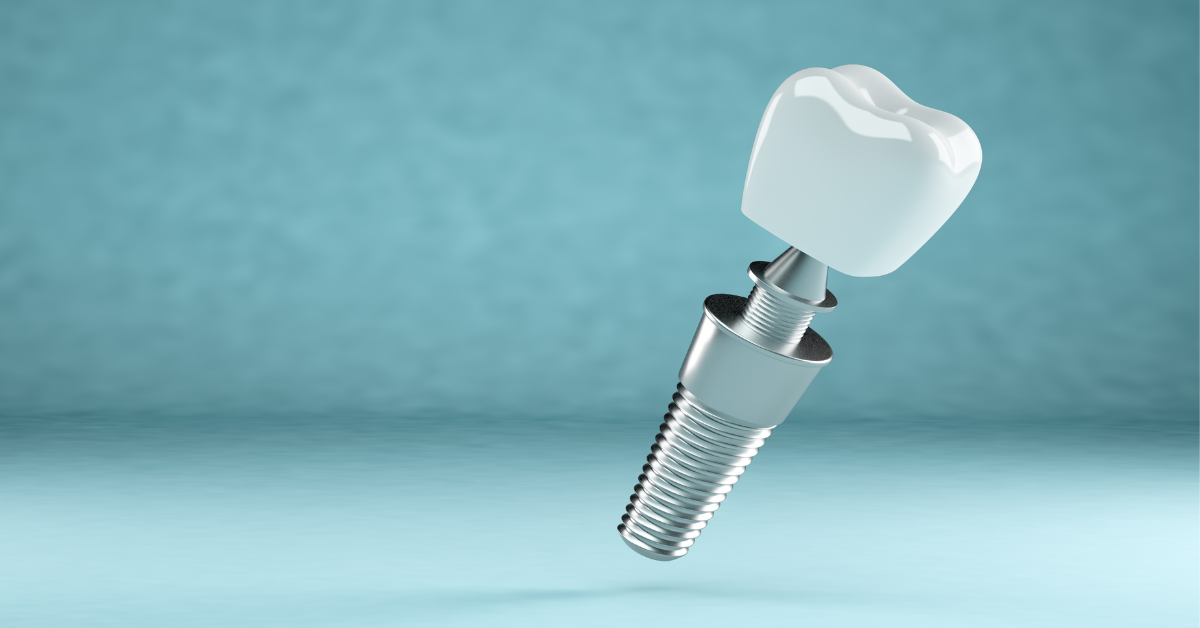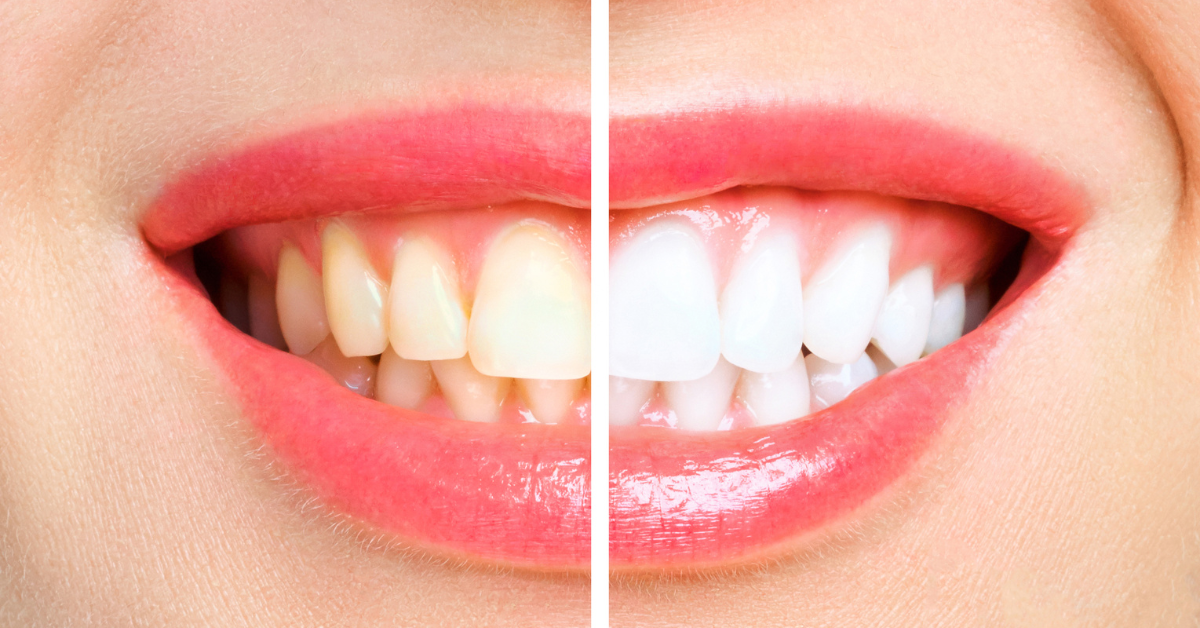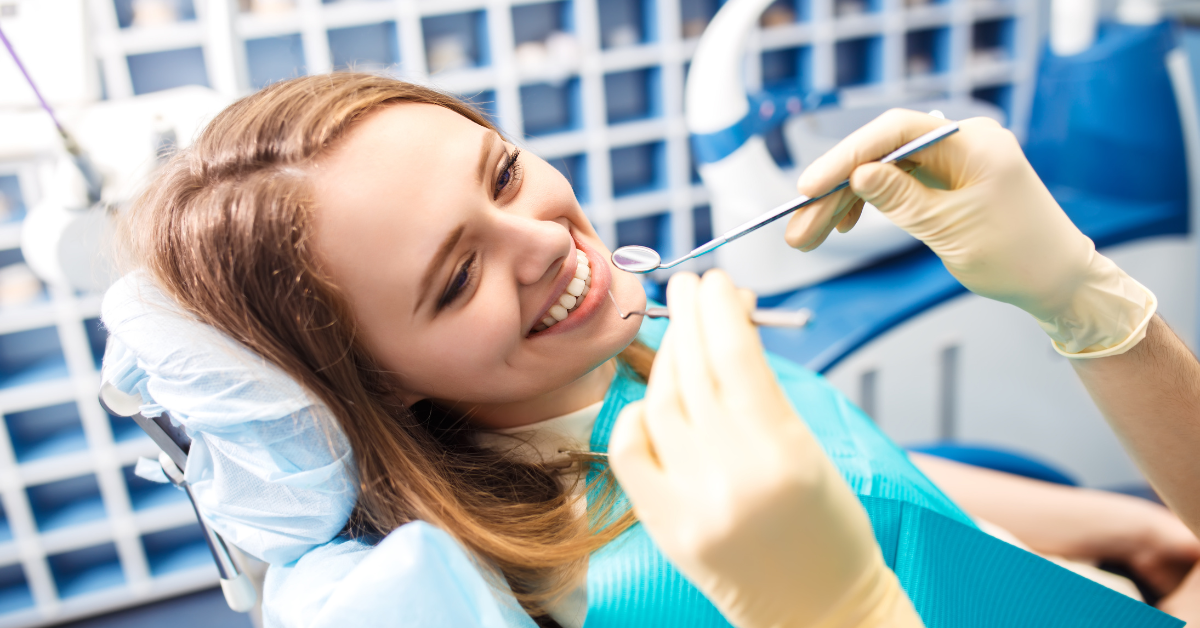Dental implants offer a permanent and natural-looking solution for replacing missing teeth. However, the healing process following implant surgery requires careful attention and adherence to specific post-operative instructions. One common recommendation is to avoid dairy products during the initial few weeks after the procedure. While this may seem like an unusual restriction, there are valid reasons for this advice.
1. Inflammatory Response
Dairy products contain casein, a protein that can trigger an inflammatory response in the oral tissues. Inflammation is a natural part of the healing process, but excessive inflammation can slow down healing and increase the risk of complications. Avoiding dairy products can help minimize inflammation and promote optimal healing around the implant site.
2. Bacterial Growth
Dairy products, especially when left at room temperature, can provide a breeding ground for bacteria. Introducing these bacteria into the mouth following surgery could potentially jeopardize the healing process and increase the risk of infection. Avoiding dairy products can help reduce the bacterial load in the mouth and prevent potential infections.
3. Nausea and Vomiting
In some individuals, dairy products can cause nausea and vomiting, especially during the recovery period following surgery. These symptoms can be uncomfortable and may interfere with proper nutrition and hydration, which are crucial for healing. Avoiding dairy products can help minimize the risk of nausea and vomiting and promote overall well-being during the healing process.
4. Sticky Texture
Some dairy products, such as yogurt and cheese, have a sticky texture that can cling to the implant site and surrounding tissues. This can make it more difficult to maintain proper oral hygiene and increase the risk of food particles becoming trapped around the implant. Avoiding sticky dairy products can help keep the area clean and promote healing.
5. Antibiotic Interactions
In some cases, antibiotics may be prescribed following dental implant surgery to prevent infections. Certain dairy products can interfere with the absorption of antibiotics, making them less effective. Avoiding dairy products during the antibiotic course can ensure that the medication is working effectively.
Alternatives to Dairy Products
While avoiding dairy products during the initial healing period is recommended, there are plenty of alternative options to ensure adequate nutrition and hydration:
-
Soy Milk, Almond Milk, or Rice Milk: These non-dairy milk alternatives provide calcium and vitamin D, essential nutrients for bone health.
-
Calcium-Fortified Foods: Vegetables like leafy greens, broccoli, and tofu can provide calcium without the potential risks associated with dairy products.
-
Yogurt Alternatives: Soy yogurt, almond yogurt, or coconut yogurt can provide protein and probiotics without the inflammatory effects of dairy yogurt.
-
Calcium Supplements: If dietary sources of calcium are limited, calcium supplements can be considered under the guidance of a healthcare professional.
Conclusion
Avoiding dairy products during the initial few weeks after dental implant surgery is a prudent measure to promote optimal healing and minimize the risk of complications. While dairy products offer valuable nutrients, their potential to cause inflammation, promote bacterial growth, and interfere with healing justifies the temporary restriction. By adhering to this recommendation and exploring alternative dietary options, you can support the healing process and ensure the long-term success of your dental implants. Please find the dental office near you in these locations: Attleboro, Chelmsford, Hyde Park, Jamaica Plain, Lynn, Manchester, Methuen, Roslindale, Taunton.




